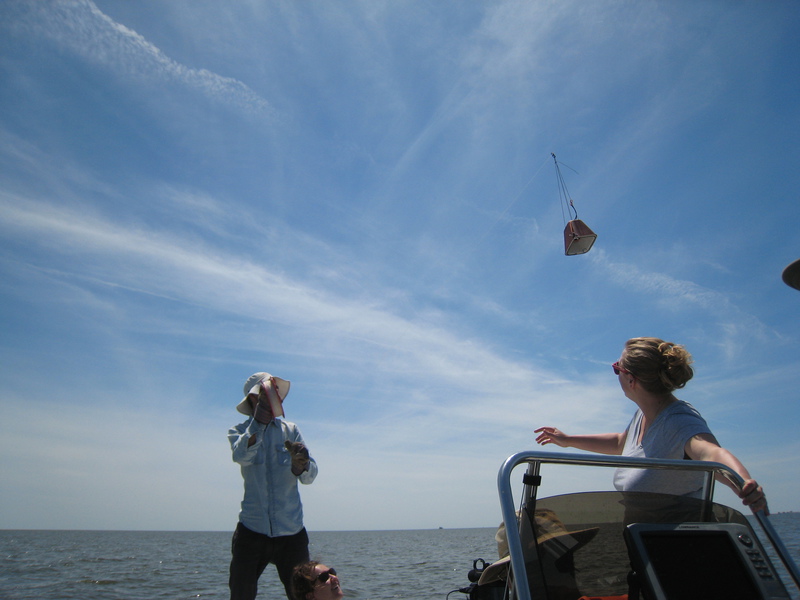
Sandbox
Public Lab near infrared imaging project
The Public Lab near infrared imaging project is an open source community effort to modify consumer cameras to capture near infrared imagery for a range of purposes. All open or accessible near infrared imaging hardware and software efforts are welcome here!
Join in by:
- Reading about goals and asking great questions
- Building a basic spectrometer using one of our starter kits
- Trying (and critiquing) our community-made how-to guides
- Posting your own how-to guides and mods
- Building on others’ work; hack and remix the kits to refine and expand them
- (proposed?) Submit your improvements for inclusion in an upcoming starter kit release or add-on
- (proposed?) Serve on a Research Review Group for a 3 month period
Experiments
This is a list of community-generated guides for experiments using your near-infrared imaging setup (either a camera you converted yourself with a filter pack, a ready-made near-infrared camera, or double camera setup) toward specific applications. Some may be more reproduced -- or reproducible -- than others. Try them out to build your skills, and help improve them by leaving comments.
Purpose | Author | Time | Difficulty | Status | Goal ----------|----------|----------|----------|----------|----------|
Context
Infrared photography can help you assess a plant's health. Infrared imagery for agricultural and ecological assessment is usually captured from satellites and planes, and the information is used mainly by large farms, vineyards, and academic research projects. For example, see this illustrated PDF from a commercial imagery provider who has been studying the usefulness of infrared imagery and has quotes from farmers who make use of it. There are public sources of infrared photography for the US available through the Department of Agriculture -- NAIP and Vegscape -- but this imagery is not collected when, as often, or at useable scale for individuals who are managing small plots.